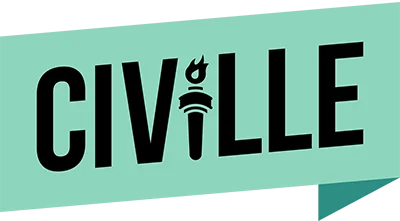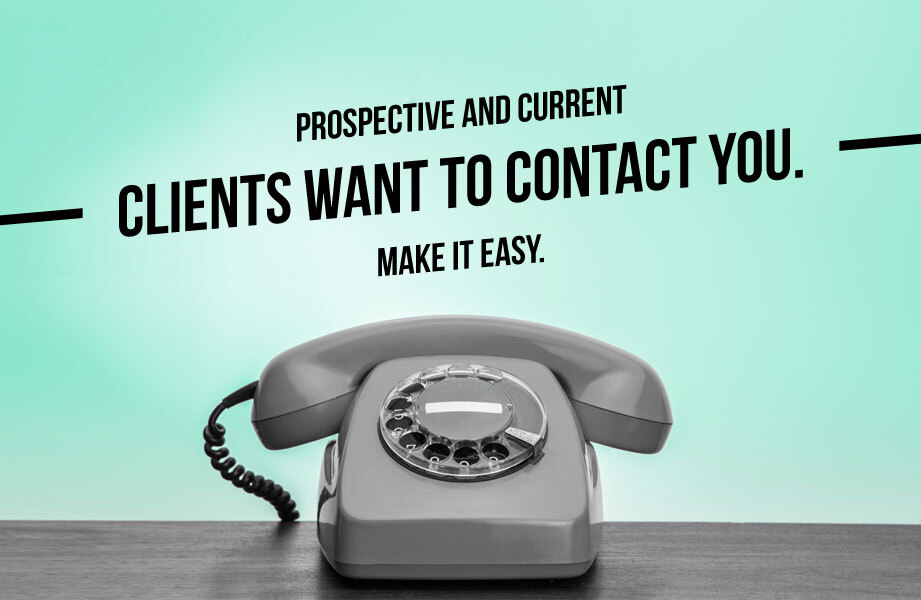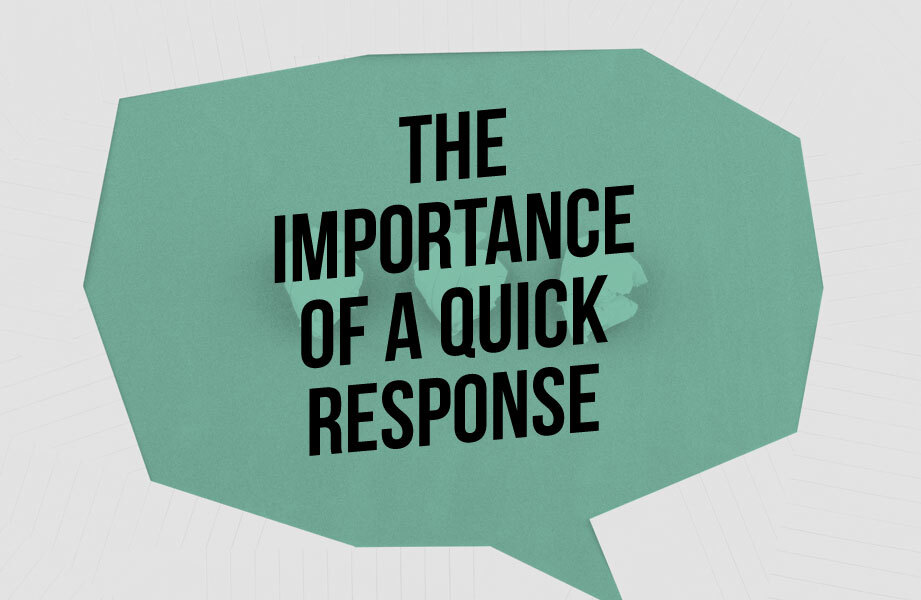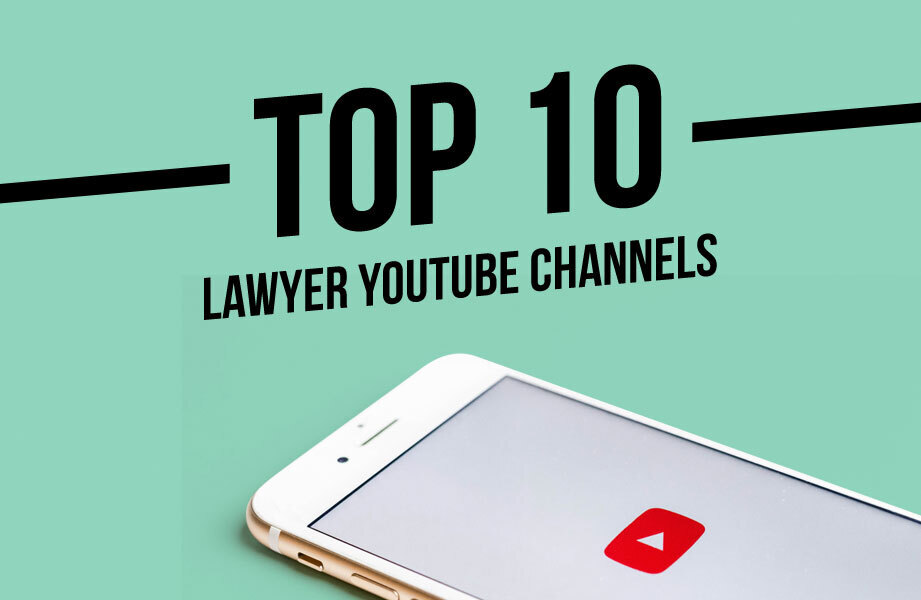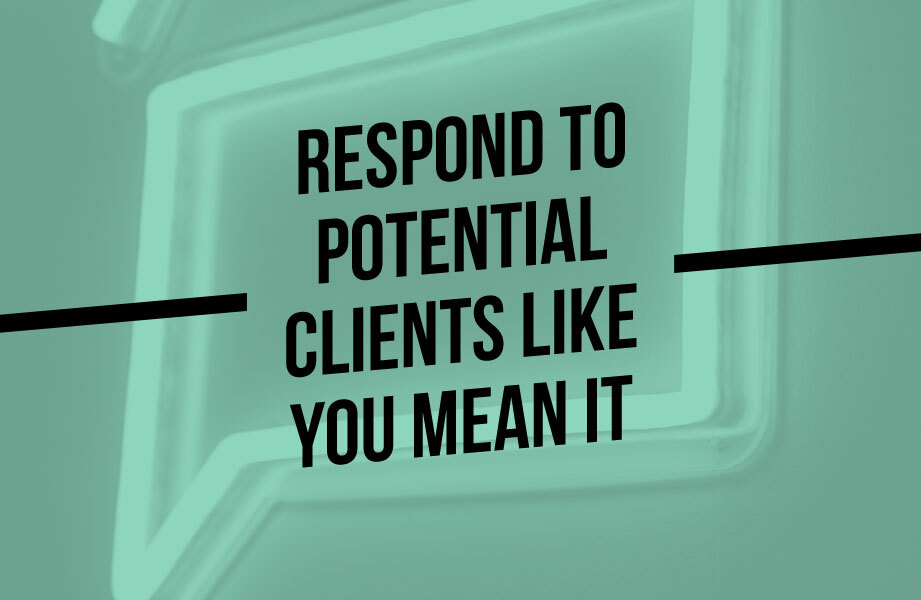
Stop me if you have heard this one before. You go online and spend a few hours researching a new product or service you are considering. You check industry reports and scour over online reviews. You seek out third-party insight and trusted expert advice as you determine what is the right offering for you. This could be anything ranging from a new cell phone or TV to an automobile or water heater repairman company. Then the time comes, you have done your research, and you are ready to buy, but you have just a few final questions that you need answers to. You seek out the “Contact Us” page or another call to action and submit a lead online. You take the time to be polite and clearly articulate your questions. You make your intentions clear that you are ready to commit, assuming everything is like you anticipate. You hit submit and then wait and wait and wait some more (check out our article on the benefits of a quick response).
The following day you wake up and are still waiting to hear about your questions. Maybe you get a canned auto-response because you submitted it after working hours. Regardless, you go about your day and wait with anticipation for answers to your questions. Then it happens! Your phone buzzes, and you see the notification that you have a new email or text. You open it up to read the response only to find something like this:
“Hi Cameron, my name is John Doe. I saw that you submitted a lead. How can I help you?”
At this point, you can insert your favorite “rage GIF” into your mind as you continue to look at your phone in bewilderment. You are honestly speechless as you sit there and think, “How in the world does John think this is an acceptable response?” Never have the words of “How can I help you?” ever been less helpful! Your initial reaction is to think, “Well, for starters, you could have answered the precise questions that I already provided you.” Then you come to the realization of two truths. First, you are now going to have to type out all of those questions again because you initiated your lead through a form and not an email that you can simply forward again. And second, you now know this online transaction is going to be anything but smooth and seamless.
While we have all probably had an experience like the one I described earlier, we have also probably had a stellar experience at some point when it comes to submitting an online lead. While there are many things in the business world that become incredibly complicated and almost impossible to fix if neglected long enough, that is not the case when it comes to providing relevant responses to potential clients. This is a realm where, as a law firm, you have control and are able to make improvements simply by having concentrated efforts. In a perfect world, you are going to be the first response to a lead, and you will include relevant information or questions in your response. In an imperfect world, if you can’t reply in under 5 minutes with a great response, the next best thing is to still be quick but have an outstanding answer. Here are five ways to make your response more relevant:
- Avoid using canned automated responses – Maybe it is because I have been around lead responses for my entire career, but I can spot an auto-response faster than your best friend can do their best Jack Nicholson impersonation of “You can’t handle the truth!” Auto-responses have their place when it comes to informing potential clients that the lead was submitted after hours or that you are going to be out of the office for an extended period of time. Outside of those scenarios, you should avoid using an auto-response that is uninformative and unhelpful. I would rather read a one-line response from someone telling me that they are in court and have received the email but can’t respond now than to see a highly polished, automated email that simply regurgitates all of the content from the firm’s website.
- Answer questions – In my example above, I illustrated the frustration that clients experience when their questions are ignored. Many people will understand and even forgive someone who attempts to answer their question, even if it isn’t answered perfectly. We have all experienced conversations where a robust dialogue is required and it takes multiple attempts to properly communicate an idea effectively. It would be foolish of a person to think that they can get all of their questions answered in a single email with the limited context that the responder will undoubtedly have. However, it would also be foolish of us not to recognize that although we can’t give them a perfect answer, they are seeking help and want to work with someone that is attempting to listen and assist.
- Ask questions – A relevant response can also include questions. As you attempt to help your potential clients, it is essential to ask questions that will help you both immediately and as you work to qualify them in determining whether you can be their legal counsel. When someone is asked a question, it provides them with a sense of obligation to answer and engage. The entire reason the client is submitting a lead is that they need help in one form or another. Often a person only needs a lawyer in their life due to an event that isn’t pleasant to deal with or manage. At times a person can feel helpless in these situations, so by asking a question and giving them something “to do,” you are also helping alieve a burden and provide a feeling of “progress” along this journey to resolution.
- Be specific – The answering and asking of questions help the conversation become specific. Questions are tools that can be utilized to drive specificity. Clients are constantly being bombarded with ads and media from various industries telling them they are special and unique. Our entire society is gearing more towards individuality and customization. How many times have you sat down and had a conversation with someone that starts out like this, “Well, my situation is a little different than what you are probably used to dealing with.”? While it is undoubtedly true that each situation might be unique in some small way, many things will be the same for you as a lawyer. It will be new and foreign for the client who has never gone through the experience of getting a lawyer. They want someone who is going to help address their particular needs, and that all starts by being specific in your initial response.
- Set Expectations – Your initial response provides you the opportunity to set the tone and expectations of the relationship. Clients have no idea what to expect when it comes to obtaining a lawyer. There is often a sense of anxiety or fear accompanying the events that lead someone to need an attorney. All of the tips that we have discussed to this point can assist you in setting expectations, but it is worth going a step further if possible. Your response allows you to let potential clients know who they will be working with, what will be required of them, and the timeline. Setting the timeline is especially important as it can help avoid unnecessary calls and emails in the future. If you know that something will take three days, it is best to let the client know and then provide any relevant updates as needed. One terrific way to help set expectations but avoid a heavy text email is to create a short video that you can direct people to watch via a link in the email. Clients like to consume content through video, and it gives you the chance to establish the tone in a convenient way.
I realize that responding to a lead in a relevant way and using the tips above can take time. This might lead to not being the fastest in responding, but you can be the best and still be quick. I see relevant responses being like a line from one of my favorite TV shows, “We don’t need it fast, we need it to be right Jim … but we need it to be fast.”
